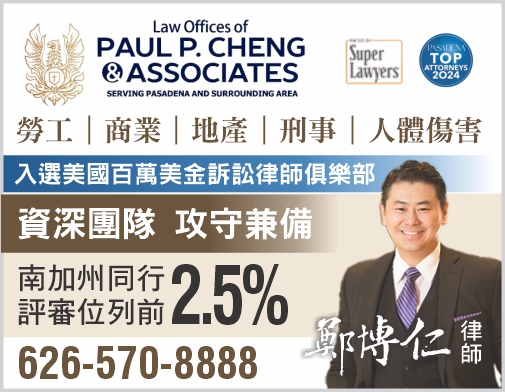DEFALCATION REQUIRES CONSCIOUS MISBEHAVIOR TO BE EXCEPTED
Defalcation is the misuse of money held in trust by a fiduciary. A fiduciary holds money of people in their bank accounts. The money does not belong to the fiduciary but is intended to be used for specific purposes. For instance, nowadays, you hear many ads on TV and radio of people who say that they will negotiate and settle your debts for a fraction of the outstanding balance. You are then asked to pay them a monthly amount that will be used to pay your creditors. These people are fiduciaries because when you pay them the monthly amount, that money belongs to you but it goes into their checking account to be used to pay your creditors. So, when they close shop and run away with your money, they have defalcated your funds. You will note that “Defalcation” has an “L”. Without the “L”, there is no fiduciary involved. You can tell your dog not to defacate inside your house. You do not tell your dog not to defalcate inside your house. You tell the fiduciary you are paying to settle your accounts not to defalcate with your money. §523)(a)(4) of the Bankruptcy code states “A discharge under section 727, 1141…does not discharge an individual debtor from any debt for fraud or defalcation while acting in a fiduciary capacity, embezzlement, or larceny.” The question that presents itself in this situation is whether or not the simple non-payment of claim by debtor fiduciary exempts the claim from discharge.
In Re Barksdale, the debtors were a father and son who owned a contracting business. The father owned six acres of land on which he had each of his sons build a model home. The idea was that building these model houses would give his sons experience in building houses. The finished houses would serve as samples for the development of the rest of the land. While the model homes were under construction, Mr. & Mrs. Simmons hired the father to build a house for them. They paid him $153,000. A lumber company supplied lumber and building materials for the model homes and the Simmons project. None of the money paid by the Simmons was used to pay the lumber company. Prior to the bankruptcy filing, the lumber company sued debtors for the unpaid bills. The son paid $35,000 to settle the lawsuit and signed a confession of judgment. A default judgment was entered against the father for $87,000. The lumber company then filed an adversarial complaint asserting that its claim was excepted from discharge by §523(a)(4) arguing that debtors held money paid to them by the Simmons for the construction projects in trust for the payment of labor and materials that the lumber company supplied.
The court agreed with the lumber company that the father had a fiduciary duty as to the Simmon’s house, but ruled that the lumber company did not prove that he had committed a defalcation. In the 2nd Circuit, defalcation under §523(a)(4) requires a showing of conscious misbehavior or extreme recklessness. “By requiring courts to make appropriate findings of conscious misbehavior or recklessness in the course of dischargeability litigation, the standard we adopt today insures that the harsh sanction of non-dischargeability is reserved for those who exhibit some portion of misconduct. The standard does not reach fiduciaries who may have failed to account for funds or property for which they were responsible only as a consequence of negligence, inadvertence or similar conduct now shown to be sufficiently culpable,” the court said. Here, the plaintiff lumber company proved nothing more than the fact that debtor failed to pay plaintiff’s claim and failed to account for the money held in trust.
What would constitute conscious misbehavior or recklessness? If debtor had used the money to gamble in Atlantic City or had used the money to build his own house or had spent the money for traveling around the world, there would clearly be conscious misbehavior or recklessness, exempting the claim from discharge.
Lawrence Bautista Yang is a graduate of Georgetown University Law Center and has been in law practice for thirty years. He specializes in bankruptcy, business and civil litigation and has handled more than four thousand successful bankruptcy cases in California. He speaks Mandarin and Fujien and looks forward to discussing your case with you personally. Please call (626) 284-1142 for an appointment at 1000 S Fremont Ave Bldg A-1 Suite 1125 Unit 58 Alhambra, CA 91803.
图片翻摄自网路,版权归原作者所有。如有侵权请联系我们,我们将及时处理。
 點評
點評 微信
微信 微博
微博





